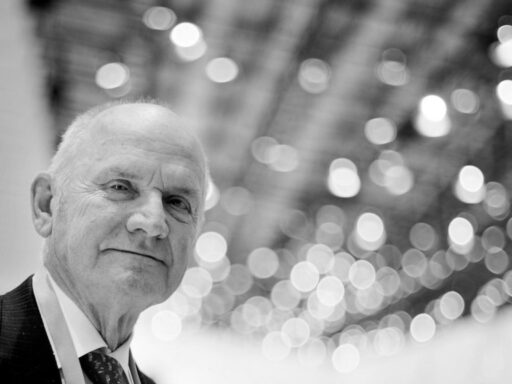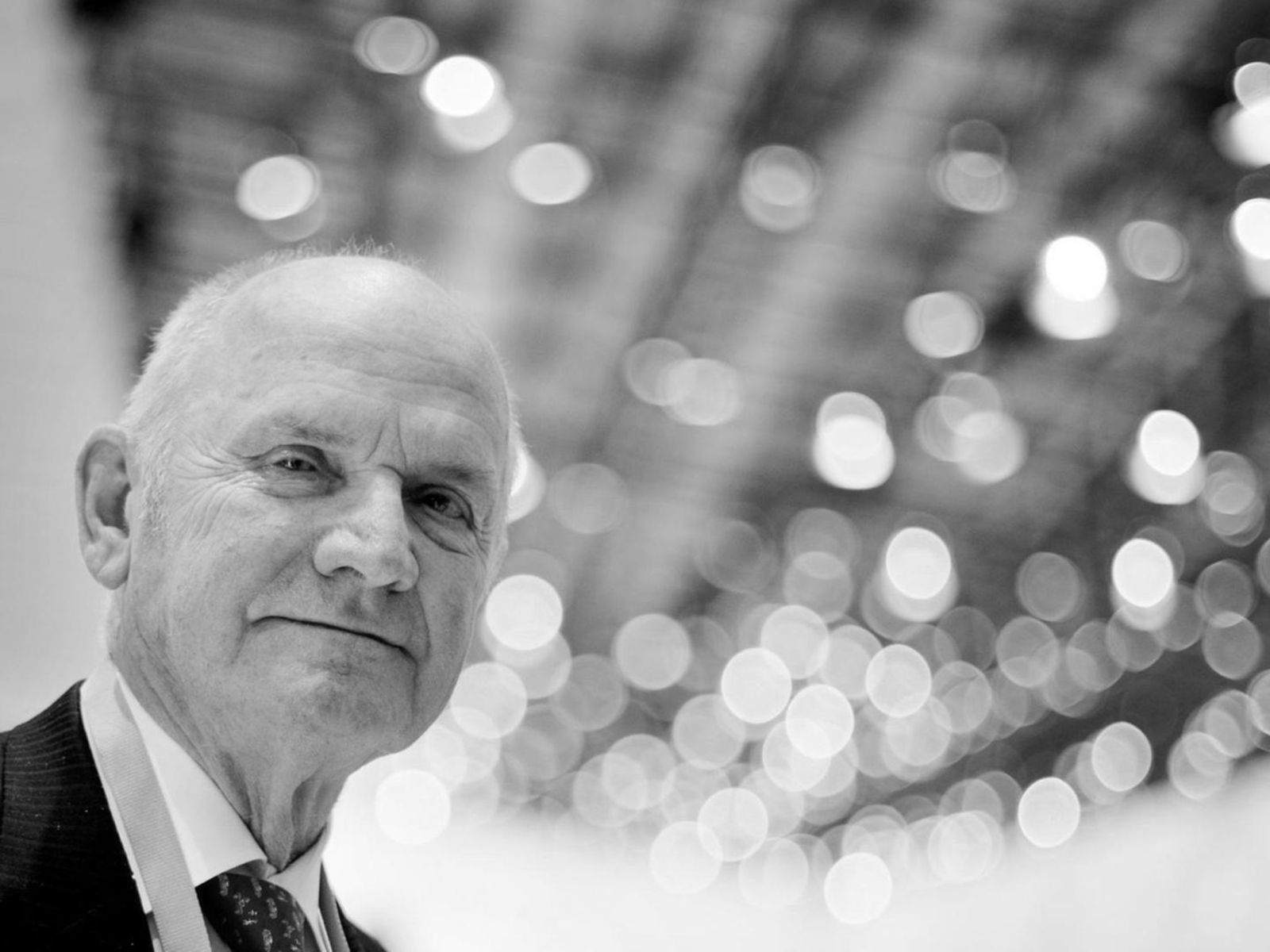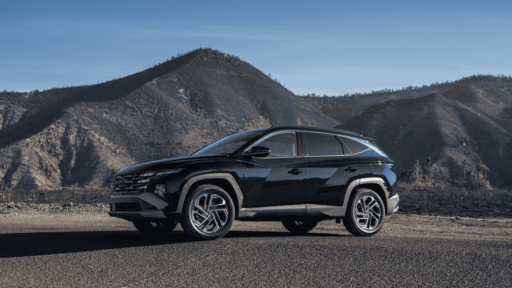At the dawn of the 21st century, few could imagine just how radically one man’s vision would reshape the automotive world. Prof. Dr. Ferdinand Karl Piëch, born in Vienna on April 17, 1937, and celebrated today, was the mastermind behind one of the boldest engineering feats ever attempted: the creation of the Bugatti Veyron 16.4.
Then Chairman of Volkswagen Group, Piëch’s ambition was to craft a road car that shattered performance limits without compromising refinement—a machine capable of 1,001 PS, breaking 400 km/h, yet polished enough for a night at the opera.
Piëch’s obsession with technology began early. After studying mechanical engineering in Zurich, he helped create icons like the Porsche 917 and revolutionized Audi with innovations like quattro AWD and TDI engines.
READ MORE: HelloFresh Cuts 200 Tonnes of Carbon with Rivian Electric Vans in Expanded Delivery Network
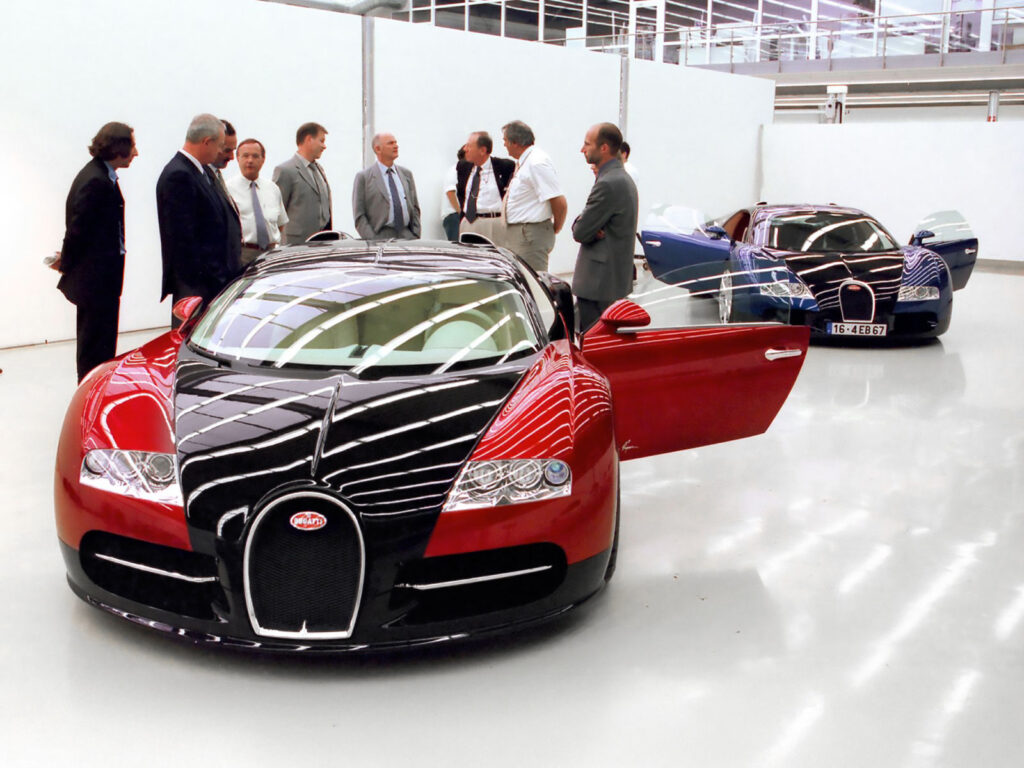
By the time he became Volkswagen’s CEO in 1993, he was already a titan of the industry. But it was a sketch drawn on a bullet train in Japan in 1997—a vision of an 18-cylinder engine—that sparked what would become the Bugatti W16.
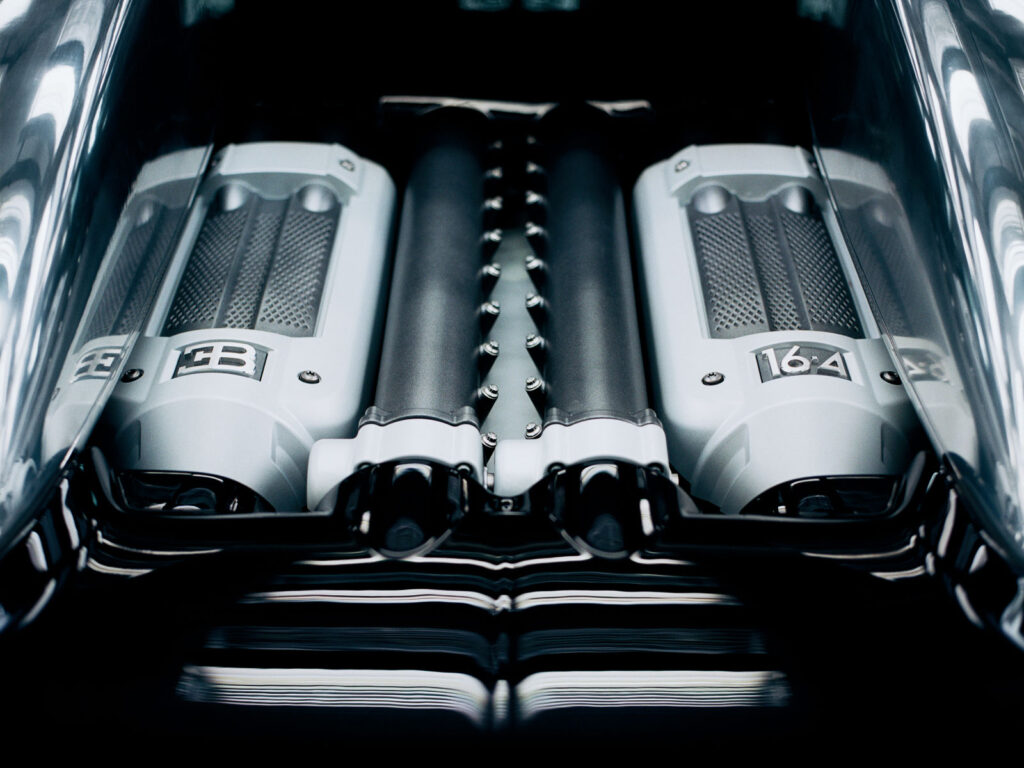
Inspired by his son’s fascination with a Bugatti model car, Piëch pivoted from considering Bentley or Rolls-Royce to reviving the Bugatti brand. Volkswagen acquired the rights to the marque in May 1998, and by September, the first concept—the EB 118—was already turning heads in Paris.
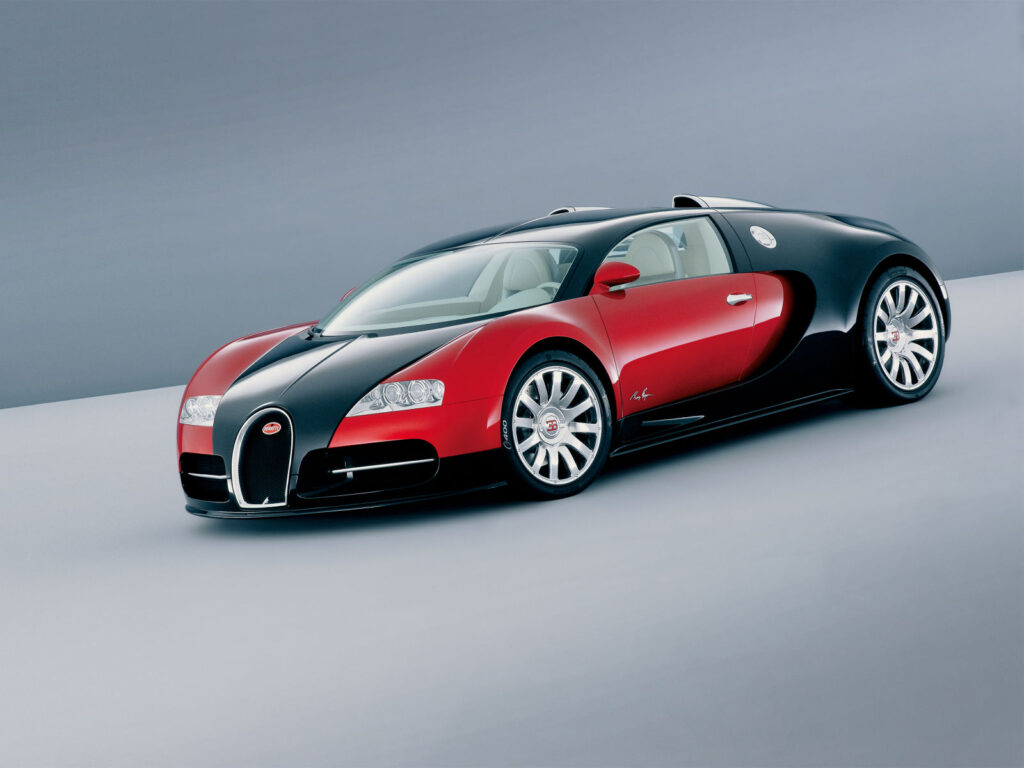
A series of increasingly bold prototypes followed, culminating in the EB 18/4 Veyron, revealed in Tokyo in 1999, with design input from Jozef Kabaň and Hartmut Warkuß.
In 2000, Piëch confirmed what many had doubted was even possible: Bugatti would build a production car with 1,001 PS and a top speed beyond 400 km/h. But for him, it wasn’t just about speed.
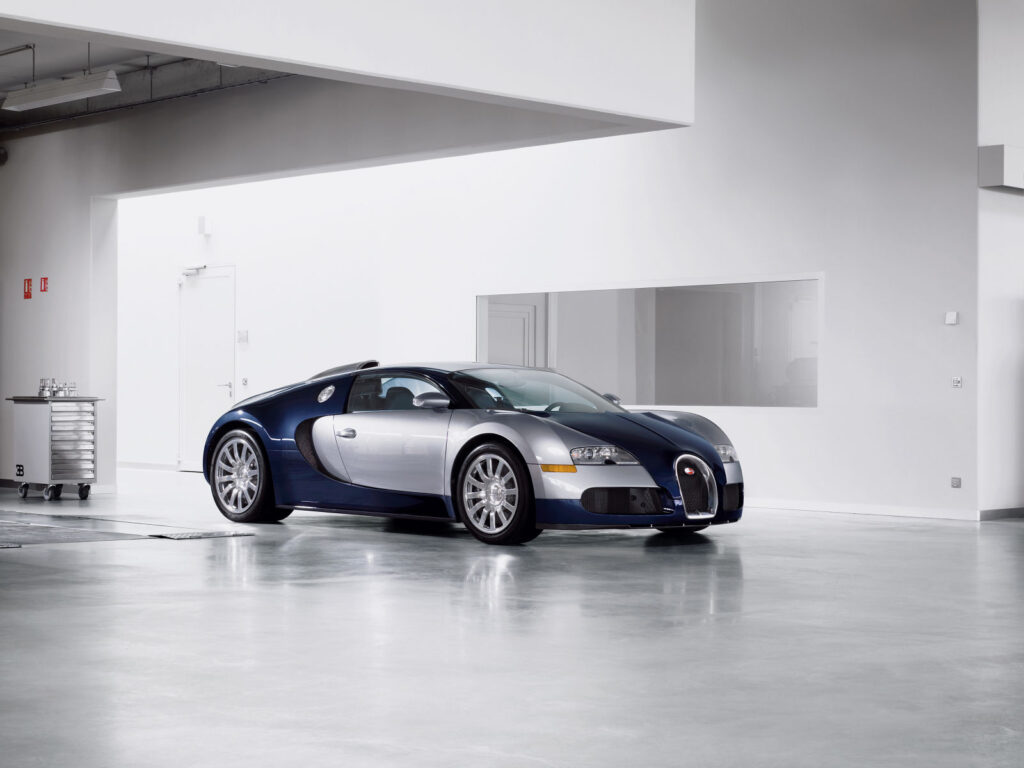
It was about creating a car that could do it all—storm the autobahn in the morning, glide to a gala in the evening. In his words, every Bugatti had to be a “solitaire”—singular and beyond comparison.
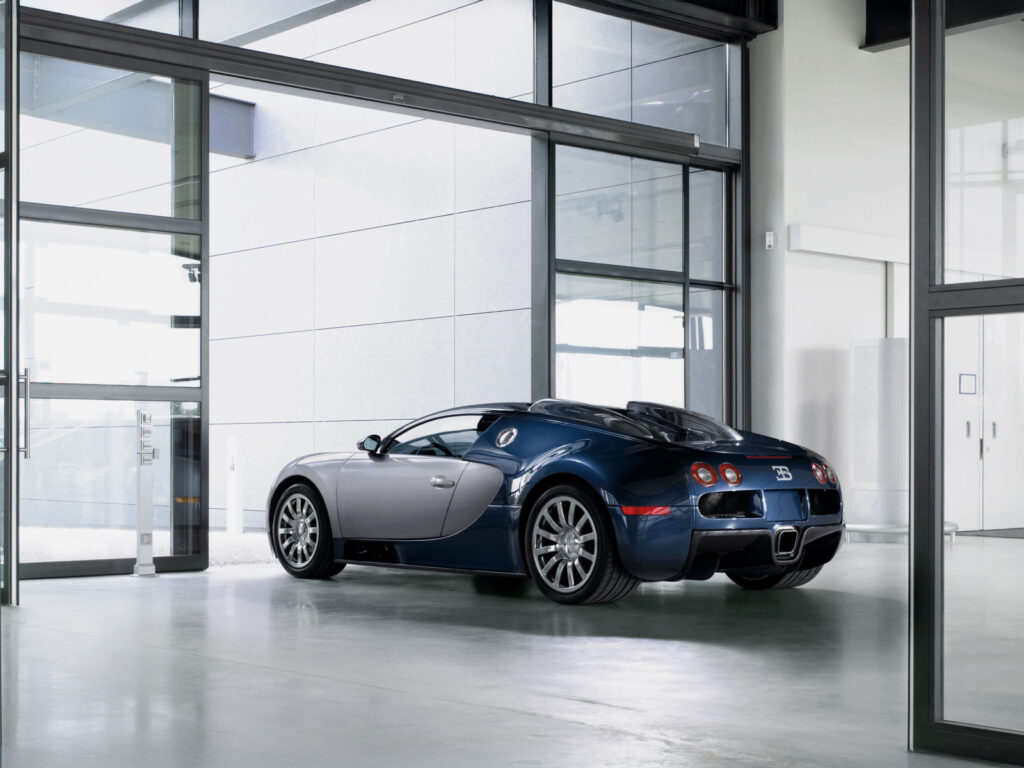
That dream became reality in 2005 with the launch of the Veyron 16.4. It stunned the world: 0-100 km/h in 2.5 seconds, a top speed of 407 km/h, and a level of comfort and craftsmanship typically reserved for luxury sedans. The Veyron was not just a hypercar—it was a rolling testament to Piëch’s refusal to accept boundaries.
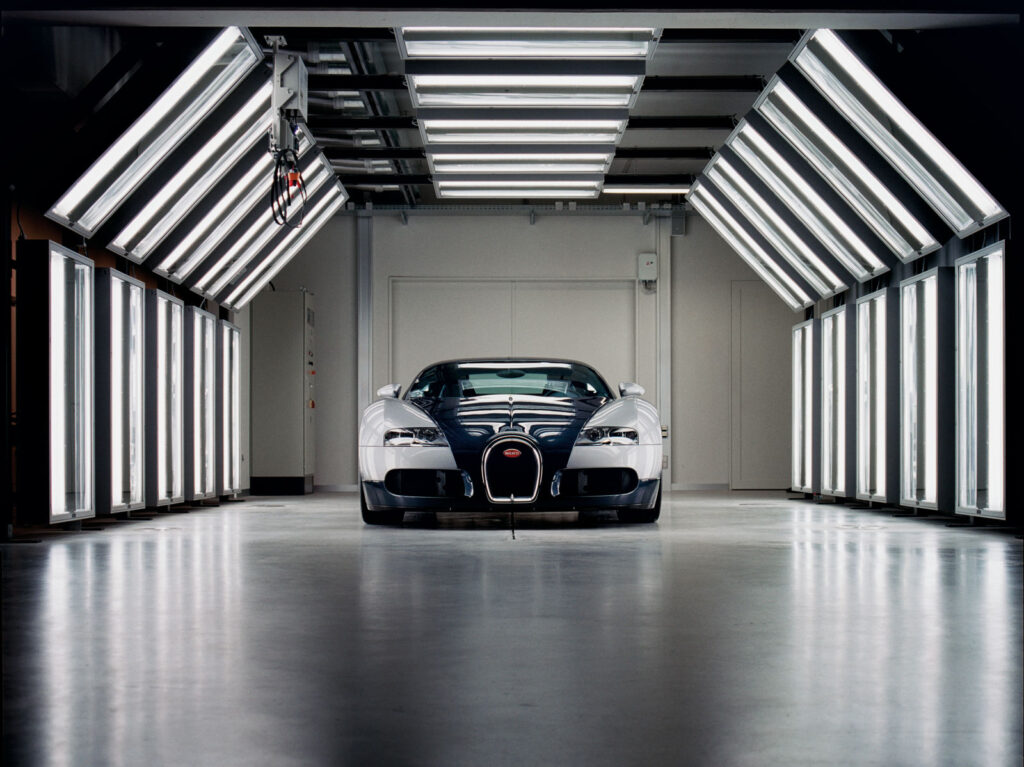
Two decades later, his legacy remains intact. The Veyron didn’t just break records—it redefined them. It set the template for all hypercars that followed and reestablished Bugatti as the pinnacle of performance and prestige.
As Bugatti President Christophe Piochon put it, Piëch’s ambition redefined what was possible. On his birthday, the legacy of his engineering genius continues to inspire every Bugatti creation to this day.
READ MORE: One Year of Lexus LBX in Poland Marks Major Success for the Hybrid Urban Crossover
Subscribe today for the freshest car news delivered to your inbox
